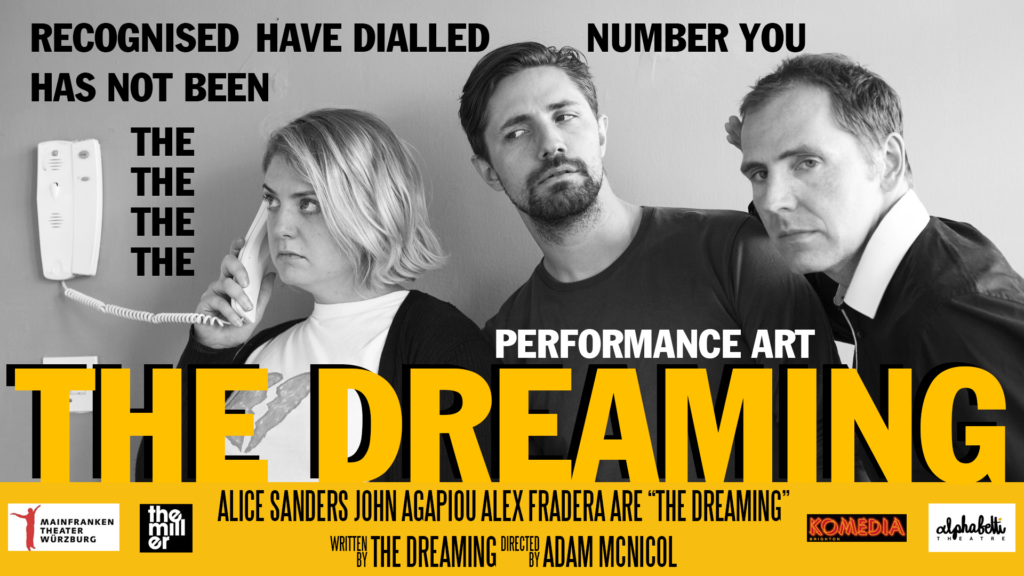This week as it was to me
No major themes to this week, apart from the great weather. It’s the world cup but so far I haven’t been engaged with it.
Went to a couple of events: one run by the Curious festival about gender identity and the arts, and the North East & North Cumbria HIV Network AGM, for work.
Jump started my housemates’ car.

Had a lovely rabbit stew cooked by the new lady, and pimiento padrons.



Visited a picturesque pub today – I probably should have taken photos!
Building
Getting set for the job about to start. To kit myself out with work clothes I visited a personal shopper at a department store; it’s free and they can limit your choices to manageable levels while you hang out and drink tea!
Art and improv
A fun coulpe of rehearsals hacking games and songifying them.
We had a good jam night on Sunday, last one for the summer, including a total newbie who just dropped in intending to watch, but stepped up to try it.
Also Adam has been updating Brainwrap Comedy and put together a great poster for our promo film:

And here’s the film.
Recommendations / Reviews
Watched The World’s End, which felt a bit like a fairly good character study/ensemble comedy which suffered under the need to carry out its body snatcher twist. Certainly, there were lots of fun action/pulpy sci-fi moments and tropes, but it tried to do too much and tripped at the end.
Branches outward
Photographer captures dramatic pictures of birds hunting in Scotland
The ever-cheery John Gray: How we entered the age of the strongman
The denial by liberals of any responsibility for the conditions that have fuelled rising anti-liberal movements is the cardinal fact of contemporary politics. What this denial presages is not any higher phase of history – a revamped liberal order, or some purer version of socialism – but a new authoritarian era. The world has reverted to a condition not dissimilar to that which prevailed towards the end of the 19th century.
… Here a weakness in the public doctrine that has guided the West since the end of the Cold War becomes clear. For at least a generation, Western thinking has been shaped by the theory that law can trump politics. Such was the message of John Rawls, Ronald Dworkin and their multitudes of academic followers, whose rights-based version of liberalism dominated political philosophy for much of the past 30 years. Always far-fetched, this liberal legalism has as much contemporary relevance as a dated crossword puzzle.
… Liberal regimes are not free-standing structures of law and rights but political constructions that depend for their survival on hard power and popular acceptance. No constitution can prevent liberal forms of government being overthrown when these supports are lacking.
Thinking through
Had a chat with Alan about how/whether spirituality stuff can actually head off any of the political trends (á la John Grey). One thing we talked around is whether Jordan Peterson is as successful as he claims at picking off people heading towards the far right, or whether he is a gateway into it as alleged by his critics. I think he has a major sampling bias, in the people who discover his stuff, stay there, and connect with it enough to come to his talks and thank him. As Alan pointed out the youtube algorithms mean that if you engage with his stuff, you will be pushed a lot of conservative content, and you’re a few steps away from really right-wing stuff. This is partly a technology thing, and also partly the result of the polarisation, with the left only engaging with the phenomenon – he’s more an avatar right now than an individual success story – in hostile terms. His videos are some of the hottest things on the internet for people searching for new ideas, and the right gets this, and is happily piggybacking on his momentum. The left has entered purge /purity mode, squandered an opportunity to pace and lead the conversation and is now shut out of it.
Shrug. It’s a shame, because the left activist circles I ran in were non-orthodox, smart and complex: dark green environmentalists, social democratic wonks, anarcho-sharp punks, people who could cut through the chaff and still find the worthwhile. Take his cheerleading for recent progress, his critique of immature activism, his take on postmodernism, his views on gender; for some of these topics, his argument is coherent but incomplete, and others contain barely a grain of truth fortified by his rhetorical skill. He’s prone to conceptual synecdoche, which means he shouldn’t be the one left alone to develop all these ideas to his millions-strong audience. And that can’t be achieved through derisive dismissal; it needs participation and rebuttal, ideally with a more capacious and charitable take than JBP himself affords his critics.
Or take the issues he’s framed more as questions than as positions: how does a modern individualist and atomised economy that prizes individual contribution in cognitive/expressive domains provide meaningful roles to those on the lower end of the cognitive spectrum (absent structures of meaning such as church or traditional institutions)? There are almost certainly some left-infused explorations of this (unless, god forbid, the blank slate rot has sank so deeply that these issues have entirely escaped attention) – so why not exploit the algorithm to get this stuff out accessibly? You’d probably have to swallow the impulse to denounce – the reactions of the JBP fans would quickly push you out of the orbit of his video ecosystem – but maybe it’s healthy to spend a little less time denouncing, and more addressing and developing the ideas that matter to you.
Or maybe that’s crazy. Again, shrug.
Maybe this stuff is happening already – if so, I’d love to see it. The people who are habitually engaging and benefiting from these discussions are spiritual folk, the self-help movement, conservatives of various stripes and of course the IDW. The only people more identified leftwards who productively link in are establishment entities like the National Gallery of Canada – which was fairly constructive but tame.
Reading
Still enjoying the Gary Lachman book. Currently introducing Owen Barfeld, an Inkling who spent his life exploring the poetic nature of language. It’s undeniable that outside of poetry itself, our modern language is far more factual and literal than it was in older times. Barfeld thought implausible the notion that language began factual, then experienced a phase of infestation by a wave of poets, before gradually shedding the poetry once more. It’s far more parsimonious to theorise that if new language is unpoetic, older language more poetic and ancient language extremely poetic, that language began poetically. But if so, why? Barfeld argues – and this is one of Lachman’s routes to developing his central thesis – that the way our ancestors perceived the world was fundamentally poetic, concerned with interiority rather than facts perceived at a distance. Perception attributed aliveness and agency to things that we consider inert, and overlap between aspects. It seems that Lachman is going to unpack how this was a valid way of thinking, rather than a sloppy and appropriately discarded inheritance, and I’m looking forward to seeing that thesis developed.